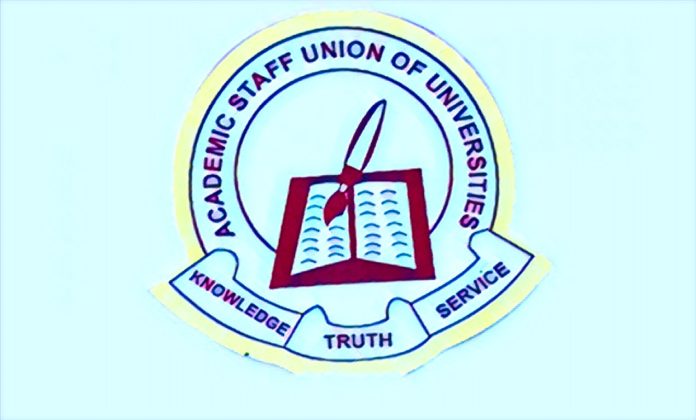Key Points
-
ASUU strike cripples public universities over unpaid allowances.
-
Government warns striking lecturers of sanctions and penalties.
-
Students demand quick resolution to ongoing ASUU strike.
The Academic Staff Union of Universities (ASUU) has called an indefinite strike, saying that the federal government broke agreements and failed to keep important promises about the welfare of students. As a result, Nigeria’s public universities are quiet again.
The strike has brought academic activity on all campuses to a standstill, raising even more worries about the state of higher education in Africa’s most populous country.
The strike, which was announced late Sunday after a meeting of ASUU’s National Executive Council at the Federal University of Technology in Minna, comes after months of failed talks about unpaid allowances, salary arrears, and university revitalisation funds promised in the 2009 and 2020 Memoranda of Action.
The ASUU strike stops lectures all over the country
According to a report by the Punch news, Prof. Emmanuel Osodeke, the president of ASUU, said that the union had run out of ways to talk things over before shutting down. “We’ve been patient for too long,” he said. “The government hasn’t done what it promised to do, even after being reminded several times. Our members are feeling down, and the system is falling apart.
Classes at big universities like the University of Lagos, Ahmadu Bello University in Zaria, Obafemi Awolowo University in Ile-Ife, and the University of Nigeria in Nsukka were cancelled right away. Students were stuck on campus because the academic and administrative buildings were locked.
The government promises to end the ASUU strike
Prof. Tahir Mamman, the Minister of Education, spoke for the Federal Government when he said that the ASUU strike was “unnecessary and harmful to national progress.” Mamman said that the government had already given out some of the money for revitalisation and was making changes to salaries through the Integrated Payroll and Personnel Information System (IPPIS).
He went on to say that the National Universities Commission (NUC) and university governing councils have been told to keep campuses open and keep an eye on compliance. He also said that “no one is above the law.”
But union leaders say that the IPPIS platform hurts the independence of universities and makes payments take longer. Prof. Biodun Ogunyemi, a former president of ASUU, said, “It’s crazy that teachers in a free country can’t get paid without problems.” “This strike isn’t about fighting; it’s about staying alive.”
Families and students stuck in the middle
Around 1.5 million students at 43 federal universities are not able to go to class because of the ASUU strike. Parents and groups that speak up for kids are angry about the repeated shutdowns. Comrade Lucky Emonefe, who is the president of the National Association of Nigerian Students (NANS), said, “We can’t go on like this.” Every strike makes us fall further behind in the world.
Dr. Ifeoma Enem, an education policy analyst, told Bloomberg-style reporters that Nigeria’s university system is in danger of long-term damage. “These strikes over and over again hurt trust, make people less likely to invest in public education, and speed up the move of smart students to private and foreign universities,” she said.
People who are watching say that the deadlock could last until both sides agree on a realistic funding plan that meets the needs of the government and the universities.



